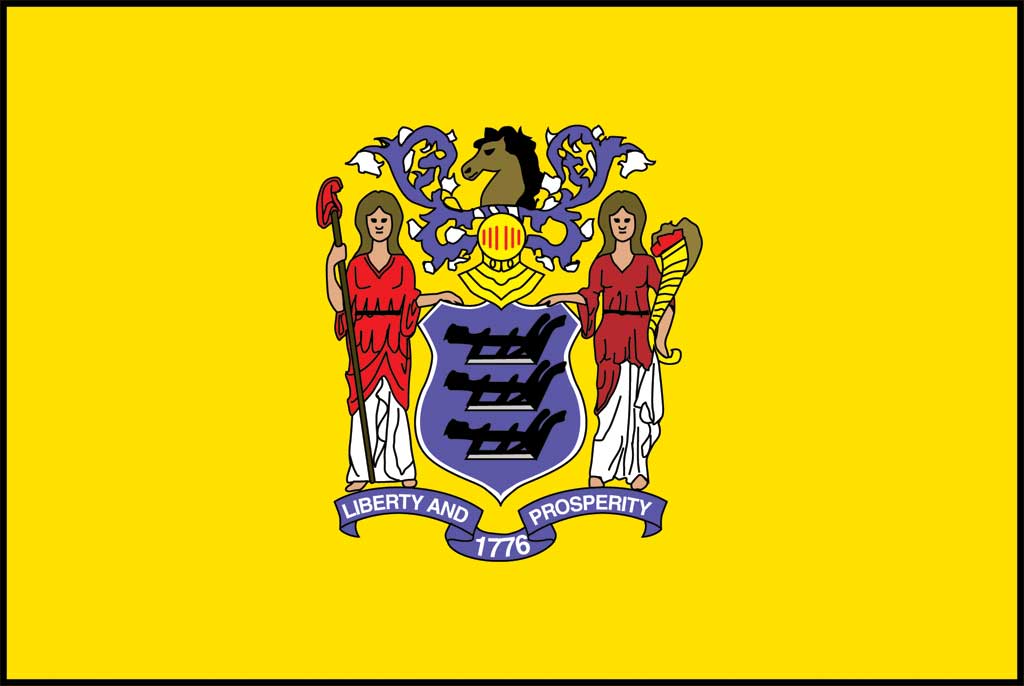To mitigate the impact of COVID-19 and protect the capacity of New Jersey’s health care system for the state’s most vulnerable individuals, Gov. Phil Murphy on March 21 signed Executive Order No. 107, directing all residents to stay at home until further notice.
The order provides for certain exceptions, such as obtaining essential goods or services, seeking medical attention, visiting family or close friends, reporting to work, or engaging in outdoor activities, according to a press release from the governor’s office.
“From day one, we have made a commitment to be guided by the facts and take any action necessary to protect the health and safety of New Jersey’s nine million residents,” Murphy said.
“We know the virus spreads through person-to person contact and the best way to prevent further exposure is to limit our public interactions to only the most essential purposes. This is a time for us all to come together in one mission to ‘flatten the curve’ and slow – and eventually halt – the spread of coronavirus,” he said.
In an effort to strengthen the existing social distancing measures in place, the order also prohibits all gatherings of individuals, such as parties, celebrations, or other social events, unless otherwise authorized by the order.
When in public, individuals must practice social distancing and stay at least 6 feet apart whenever possible, excluding immediate family members, caretakers, household members, or romantic partners, according to the press release.
Murphy’s Executive Order further directs the closure of all non-essential retail businesses to the public, with the exceptions of:
• Grocery stores, farmer’s markets and farms that sell directly to customers, and other food stores, including retailers that offer a varied assortment of foods comparable to what exists at a grocery store; Pharmacies and medical marijuana dispensaries; Medical supply stores;
Also, Gas stations; Convenience stores; Ancillary stores within healthcare facilities; Hardware and home improvement stores; Banks and other financial institutions; Laundromats and dry-cleaning services; Stores that principally sell supplies for children under five years;
And, Pet stores; Liquor stores; Car dealerships, but only for auto maintenance and repair, and auto mechanics; Printing and office supply shops; and Mail and delivery stores.
Nothing in the order limits the provision of health care or medical services; access to essential services for low-income residents, such as food banks; the operations of the media; law enforcement agencies; or the operations of the federal government.
The order mandates that all businesses or nonprofit organizations, wherever practicable, must accommodate their workforce for telework or work-from-home arrangements.
To the extent a business or nonprofit has employees who cannot perform their functions via telework or work-from-home arrangements, the business or nonprofit should make best efforts to reduce staff on site to the minimal number necessary to ensure essential operations can continue, according to the press release.
The Order continues existing bans on recreational and entertainment businesses, requirements that all restaurants operate by delivery and takeout only, and the directive that all pre-K, elementary and secondary schools close, and all institutions of higher education cease in-person instruction.

